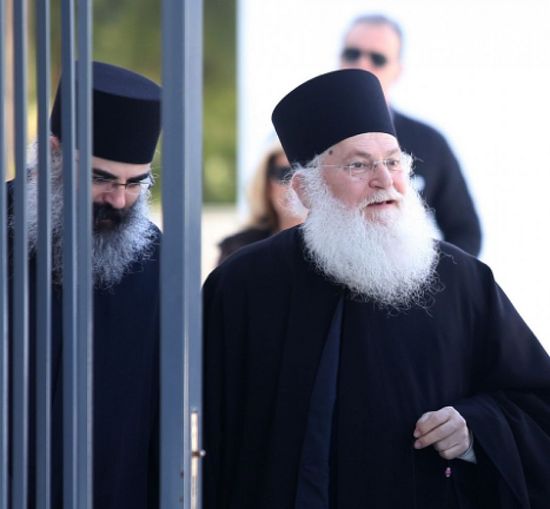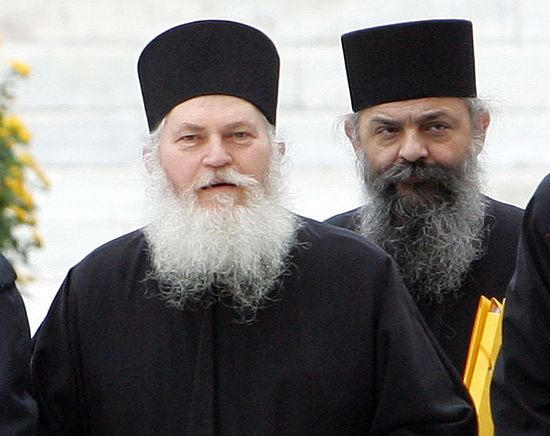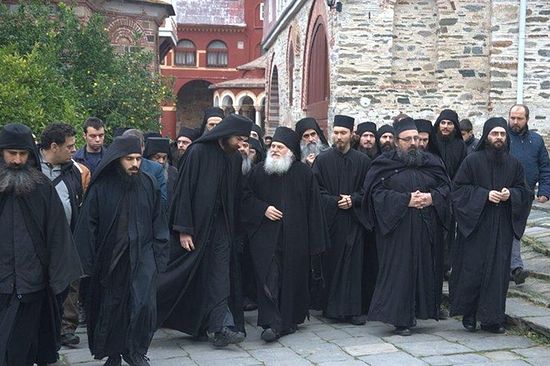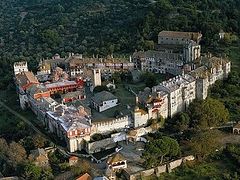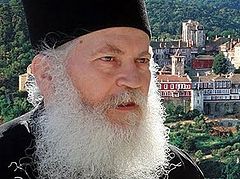Moscow, March 29, 2017
Following his recent acquittal in a nine-year case involving a land exchange between the Greek government and Vatopedi Monastery, Abbot Ephraim has offered an interview to the newspaper Real, which has been translated and published online by AgionOros.ru.
In the interview, Archimandrite Ephraim offers his thoughts on the case and the future of Vatopedi Monastery, and the continuous and severe spiritual struggle that takes place on Mt. Athos.
“Where there is God, there is sorrow and the Cross,” the abbot said. “This is not the first time that the Church and the Holy Mountain have been subjected to trials. If you look at history you will see that it has always been this way. Mt. Athos is a place of spiritual and bodily asceticism, not a place for complacency,” he noted. This asceticism is the bearing of one’s own cross in imitation of the Cross of the Lord, which is often manifested as sorrow. This is “the necessary price that people pay to experience their faith and to have hope in the resurrection,” which comes from the continuous struggle for inner transformation and the acquisition of virtues.
“Externally the struggle is difficult, but it leads a man towards the attainment of the supernatural peace of Christ… Only God decides how and when we will be tested,” Abbot Ephraim continued, reflecting upon the years of struggle in the legal case and his time in jail connected with the case. Athos is always confronted with the shortcomings of the world, he said, “But for all that happens, we glorify God.”
The Greek courts have decided that the lake and coastal areas involved in the case belong to the state. Vatopedi, Mt. Athos as a whole, and the Ecumenical Patriarchate nevertheless maintain that the land has belonged to the monastery for centuries, after being gifted to it by a Byzantine emperor. “Since ancient times, these lands have been the property of the monastery, and not some mortal… Church and monastery property serve the needs of the needy,” the abbot stated.
Vatopedi’s spiritual and charitable activity did not wane during these recent difficult years of state persecution, but has in fact increased significantly. “Our monastery follows the tradition and performs the work that our predecessors did,” he added.
“For us,” the so-called “Vatopedi case,” “was our cross… For us it is enough that justice prevailed in the end,” Archimandrite Ephraim concluded.

